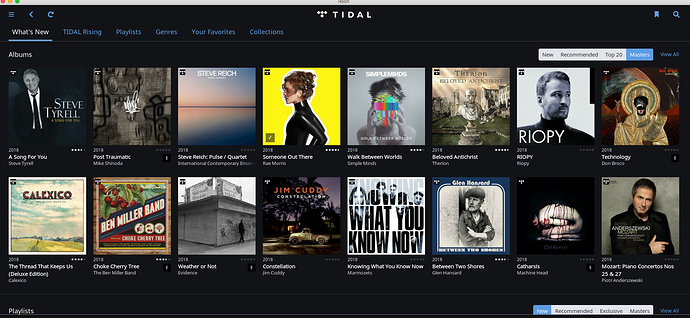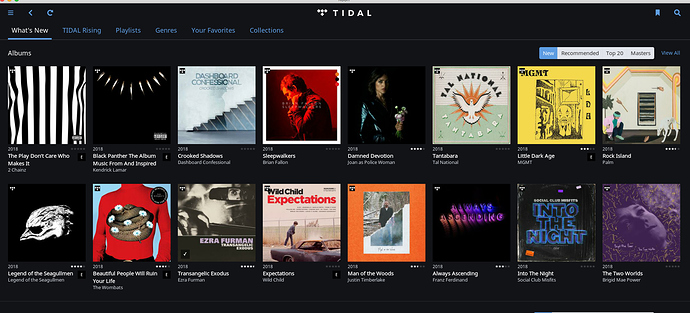@Jim_Austin, I’ve read your article. You seem to know a lot. So could you please explain to me in plain English what exactly is the advantage of MQA in a time where bandwith is no longer a problem? I mean the advantage for the consumer and the musician, not for the brilliant marketing brain or his blogging groupie.
Please tell me what it would add to FLAC anno 2018, which is a perfect, non-proprietary alternative to a compressed, proprietary format. Why would I get involved into a format that would limit me in all aspects, just forcing me to buy the whole shabang for the umptieth time, just after these geniuses emptied my pockets yet again with their terribly compressed “remastered, because sound matters” loudness war, the “copy-control protected” legally acquired cd’s that didn’t play in any of my legally acquired my cd-players, the legally acquired dvd’s that forced me to watch a “copying/downloading is illegal” trailer each time I play the dvd. What use are my MQA purchases if the format fails and/or hardware moves on?
Would you be able to provide a serious answer, without all the cynicism or marketing blabla?
 .
.


